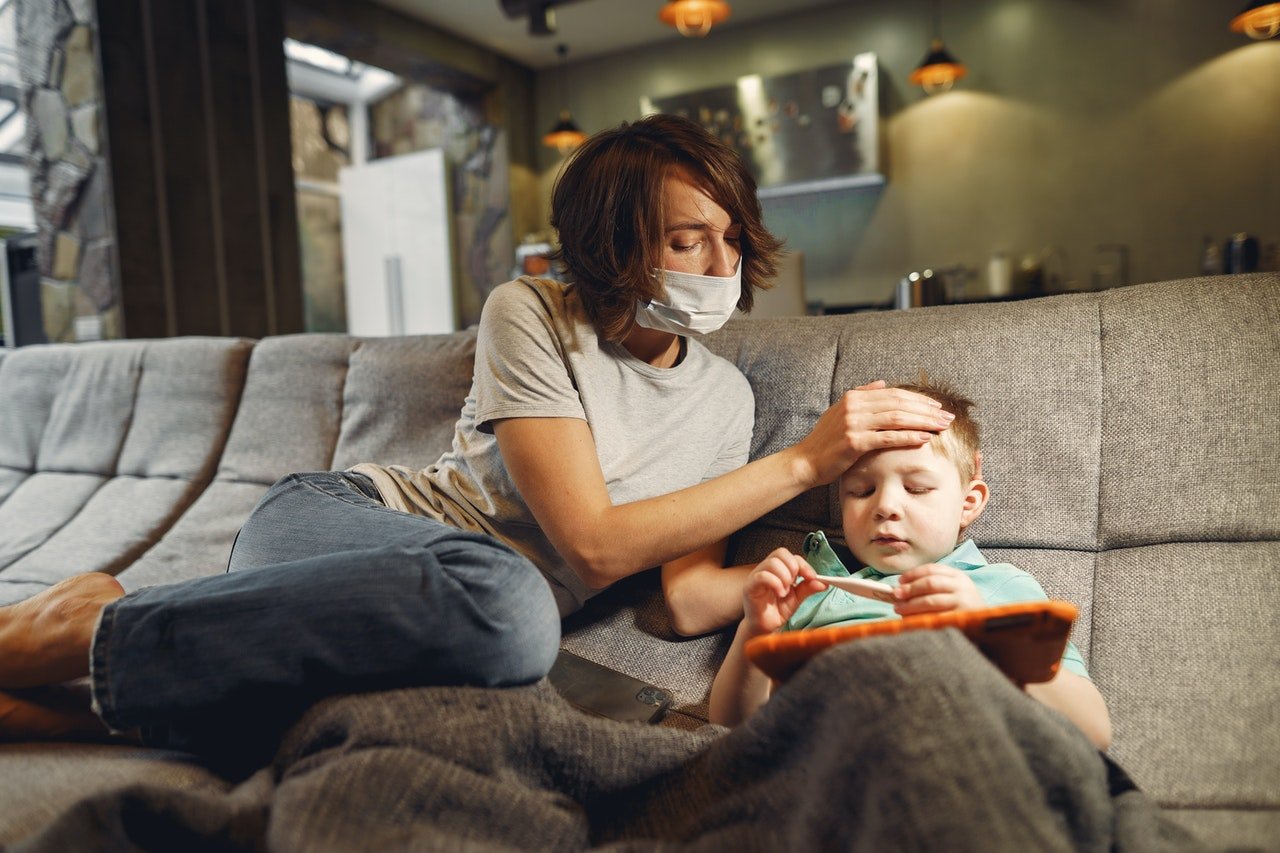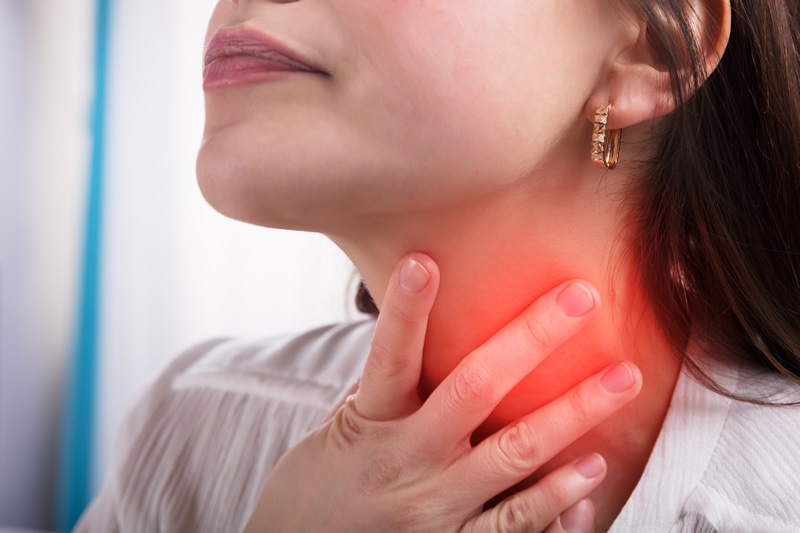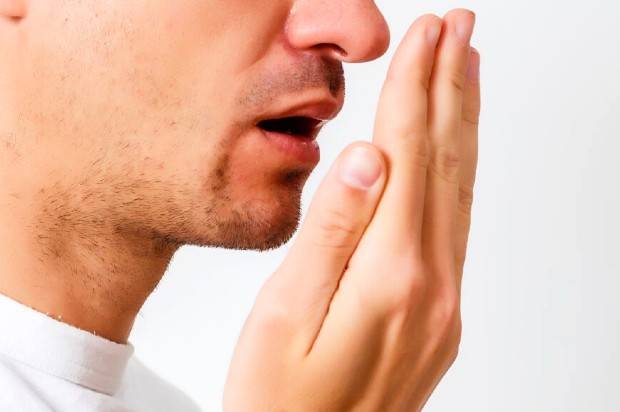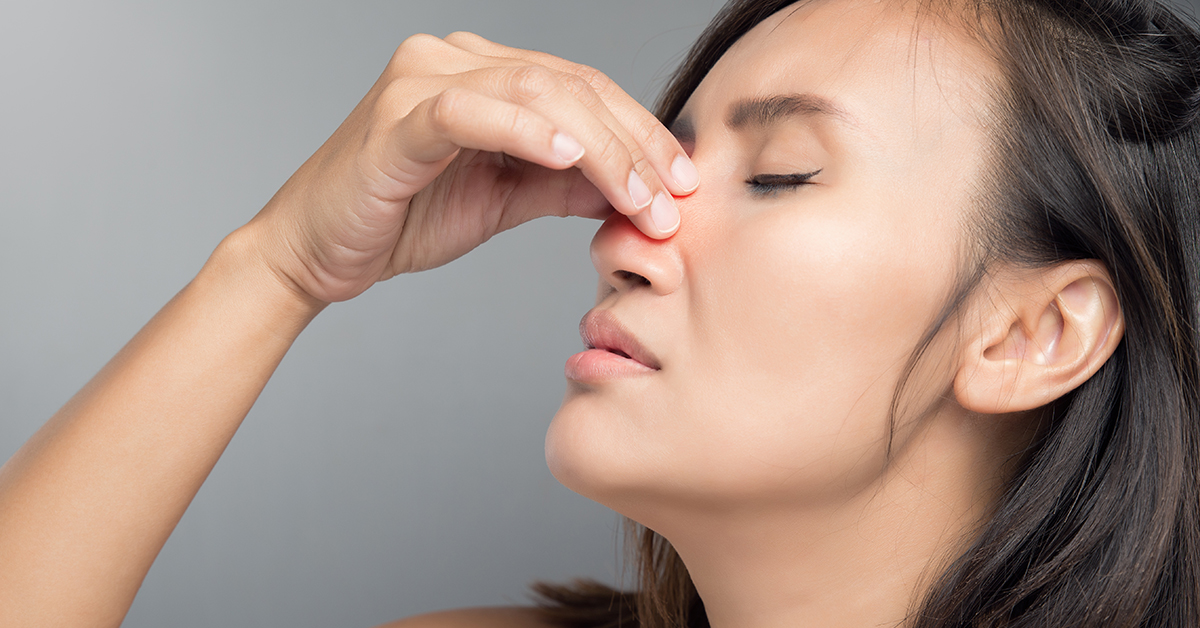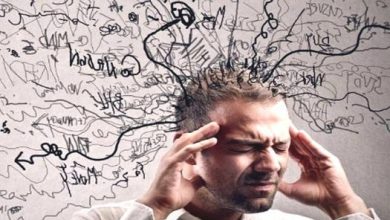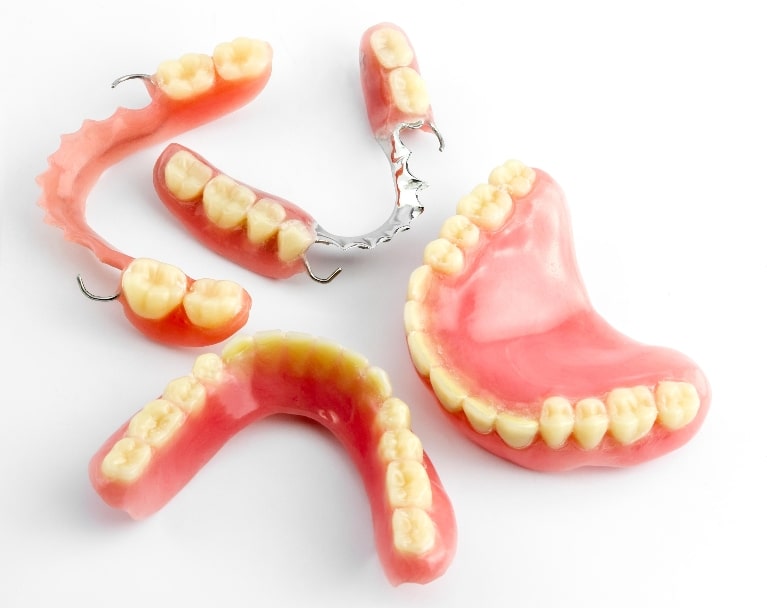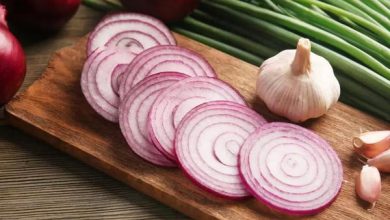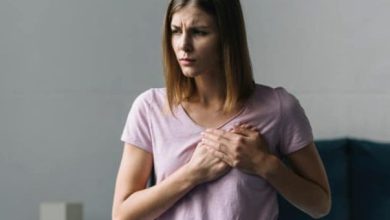Learn everything you need to know about ear washing
Rinsing the ear is necessary to eliminate the masses inside the ear because the accumulation of excessive masses inside the ear causes earache and temporary hearing loss.
Ear washing is a routine process used to remove earwax, pus, and foreign matter from the ears. The ear naturally holds the mass inside and softens it to expel impurities and prevent bacteria’s growth. Under normal circumstances, the human body, especially in the ears, has a mass that can be controlled. Excessive mass in the ear can cause the ear to become blocked, resulting in earache, ringing in the ears, and temporary hearing loss. (What Is MS, And What Are The Treatments?)
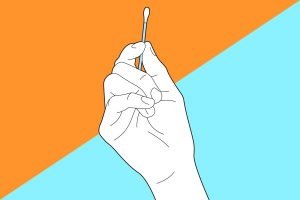
Ear wash goals
The ear is empathetic in its canal. The structure of the masses inside the ear can damage the ear over a long time and affect a person’s hearing. Excessive accumulation of wax in the ear causes ear pain, hearing loss, and whistling in the ear. Eliminating excess mass by rinsing the ear is a safe way to reduce damage to the ear.
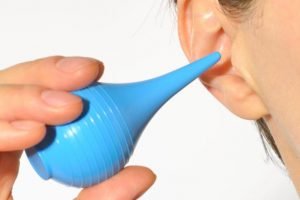
Sometimes foreign substances such as food, insects, or small stones can get into a person’s ear. In these cases, the goal is to increase safety and remove materials that do not penetrate deep into the ear and do not damage the ear canal. Ear washing can be useful in removing foreign matter from the ear.
Ear ringing can be done by a doctor in the office using a rinsing kit that contains a bubble syringe.
The process of rinsing the ears
Before rinsing, check your ear’s inside to ensure no problems with different or foreign matter inside the ear and no more severe problems. Your doctor can detect extra material by inserting a device into your ear called an otoscope. The otoscope illuminates the light inside the ear and takes a picture of it.
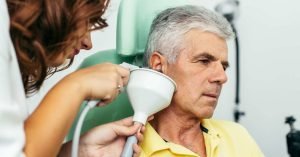
If the problem is due to extra mass, the doctor will start rinsing with a syringe, which will inject water into the person’s ear with tremendous pressure. The person may feel a little uncomfortable, which is perfectly normal.
Do not use ear cleaners to clean your ears, as this will cause the earwax to sink to the bottom of the canal and make it harder to rinse your ears and reduce your hearing after a while.
Can the ear be washed at home?
For indoor rinsing, you should use a safe rinsing kit. The most common method is to use a dropper that contains baby oil, minerals, or special ear remedies that can soften the masses. The process is as follows:
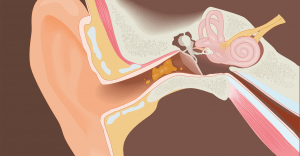
- Two or three times a day, apply a few drops of this dropper in your ear for a few days.
- When the masses have softened, use a syringe filled with water that corresponds to room temperature.
People who are not suitable for ear washing
You should not wash your ear if your eardrum or fallopian tubes are damaged or your immune system is weak, and if you have an active infection inside your ear. Of course, this is common, but there are risks involved:
Risks and possible side effects of earwax
ear infection
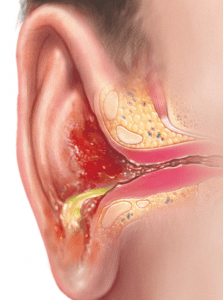
Otitis externa is a common and severe condition that can cause inflammation of the ear canal. This is a painful phenomenon. Otitis media is also a common occurrence in the middle ear that occurs through infection. Ear infections are one of the most common ear wash difficulties. An ear infection’s symptoms include itching of the ear or ear canal, redness, scaling, pain, and hearing loss.
Your doctor may prescribe antibiotics or a combination of antibiotics and steroids to treat an ear infection. It is best to apply ear drops several times a day for 7 to 10 days. If the cause of the outer ear infection is a fungus, the specialist will prescribe antifungal ear drops. Ear infections are more common in patients with diabetes or immune disorders.
Perforation of the eardrum
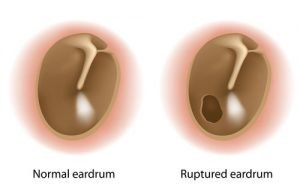
In some cases, when washing the ear, they put pressure on the masses inside the ear and squeeze them together, and this makes the masses harder to come out, and it is possible that they put pressure on the eardrum and cause Perforation of the eardrum. In some cases, fluid is trapped inside the ear canal, increasing its pressure and scratching the eardrum.
Other problems
- In rare cases, more difficulties may occur, including:
- Rotation is a type of tenderness in the ear that one thinks the ear or head is rotating.
Deafness that can be temporary or permanent
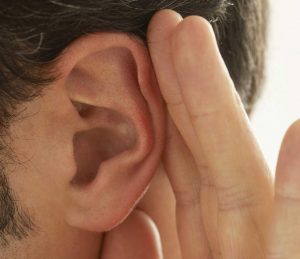
The rash can damage your ear if it is prolonged, and if it does not improve with home care, you should see a doctor. The general practitioner can do the work himself or refer you to an ear specialist. People who have already experienced other problems in the ear are more prone to crime. Also, an extra object should never be inserted into the ear canal because it can damage the eardrum.
Side effects of ear washing
Most people experience a lot of side effects from washing their ears. Side effects may not be serious, but they can be challenging to treat in any case, some of the most common of which are:
- Temporary dizziness
- The feeling of pain and discomfort in the ear canal
- Ear ringing
Ear side effects are short-lived and go away after a day or two. If you notice that it gets worse after a few days, be sure to see your doctor make sure your eardrum is no longer damaged or damaged in your ear.
Alternative home remedies
There are alternative home remedies to washing that you should never try if you have any specific conditions in your ear.
Natural oils
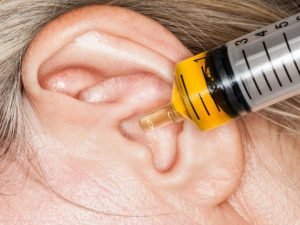
Olive oil, baby oil, and mineral oil are common home remedies used instead of medical ear washes. Pour a few drops of this oil into the ear canal to soften the masses inside. These oils are not special detergents.
Once the oils have settled in your ear after a few minutes, you can turn off your head and remove the oil with a clean cloth or pad.
olive oil
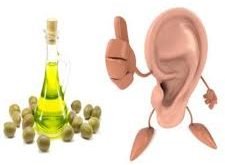
Olive oil is one of the best ways to remove ear fat, which softens ear fat and makes it easier to get fat out of your ear. When sleeping inside the ear, two or three drops of olive oil for 3 to 4 days Pour in a row.
Saltwater
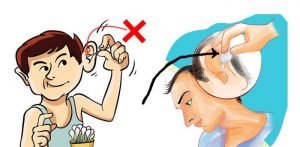
Saltwater can also soften and pull out masses inside the ear. Allow this brine to remain in your ear for about three to five minutes before moving or sleeping, and then wipe the outer ear with a soft cloth to remove any contaminants.
Compounds
Both hydrogen peroxide and a combination of vinegar and a little alcohol can be part of home remedies for rinsing the ears. They soften earwax and are generally very safe and effective, although they may cause allergies in some people.
Candle
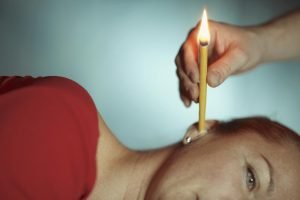
Note that this is not a definitive treatment for rinsing the ears. This method has been prevalent in ancient times. In this technique, a lighted candle is gently inserted into the ear canal, which usually acts as a suction device or vacuum, causing the masses to stick to the candle. This method is not very convincing and can damage the person’s ear and cause problems such as perforation of the eardrum; burns can also be considered a risk of this method.
important points :
- Mass in the ear is essential and does not require cleaning. The ear needs to be rinsed when its mass is abnormal.
- Leaking fluid from the ear indicates an ear infection and has nothing to do with ear wax, so see your doctor.
- Dry your ears with a hairdryer after swimming and bathing.
- Do not use ear cleaner to clean ear wax. This will cause more blockage and infection of the ear.
- Apply one to two drops of glycerin a month to the ear to prevent clogging.

